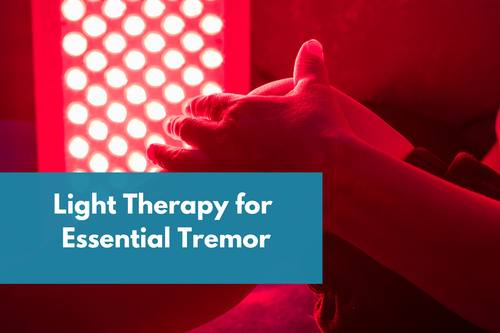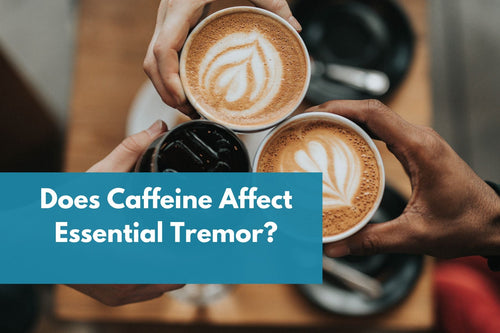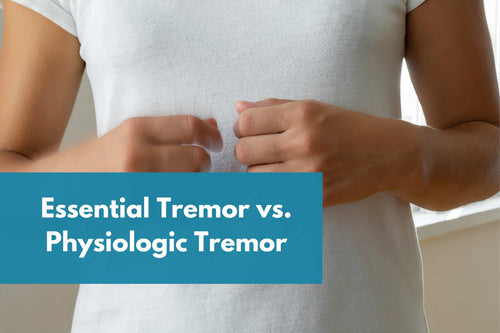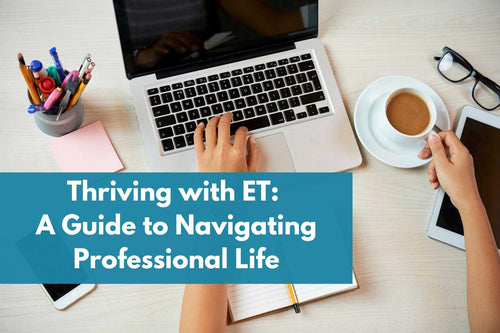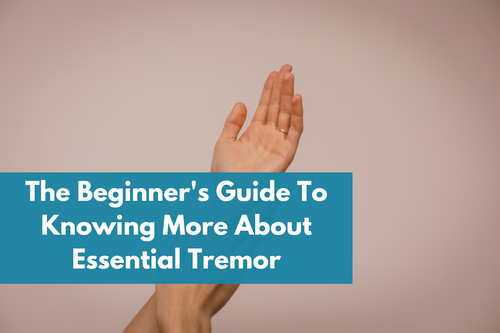
Exploring the Effects of Ozempic on Essential Tremor
Share
Essential tremor is a neurological disorder that causes involuntary and rhythmic shaking, affecting millions of people worldwide, including up to 10 million in the United States. As the medical community searches for effective treatments, there's growing interest in using existing medications in new ways. One such medication is Ozempic, which is primarily used to manage diabetes.
Ozempic is a glucagon-like peptide-1 (GLP-1) receptor agonist that has transformed diabetes care by helping regulate blood sugar levels and promote weight loss. However, recent studies suggest that Ozempic might also help with neurological conditions like essential tremor.
In this article, we explore the potential effects of Ozempic on essential tremor. We'll look at the scientific basis for this new approach, review the latest research findings, and discuss what this could mean for people living with essential tremor. Join us as we investigate whether Ozempic could be a breakthrough treatment for this challenging condition.
Understanding essential tremor
Essential tremor is a nervous system condition that leads to uncontrollable, rhythmic shaking. It can affect almost any part of the body, but the trembling most often occurs in the hands, especially during simple tasks like drinking from a glass or tying shoelaces.
While essential tremor is usually not dangerous, it tends to worsen over time and can become severe in some individuals. Unlike other conditions, essential tremor is not caused by other health issues, though it is sometimes mistaken for Parkinson's disease. It can occur at any age but is most common in people aged 40 and older
Introduction to Ozempic
Ozempic, or semaglutide, is primarily prescribed to manage type 2 diabetes by improving blood sugar control when combined with diet and exercise. Acting as a GLP-1 receptor agonist, Ozempic mimics the function of GLP-1, a hormone that regulates insulin levels and helps maintain stable blood sugar levels. This medication not only reduces blood sugar effectively but also aids in weight loss, which is beneficial for individuals managing diabetes.
Investigating the link between Ozempic and essential tremor
Research exploring the relationship between Ozempic and essential tremor has been limited, although significant examples include studies suggesting a potential benefit in slowing Parkinson's disease progression. There is speculation that Ozempic could impact neurotransmitter pathways and enhance nerve function, potentially offering relief from tremor symptoms. Clarifying these processes is essential for determining Ozempic's effects on essential tremor and for the development of targeted therapeutic strategies in the future.
In a groundbreaking study published in The New England Journal of Medicine, French researchers found that a GLP-1 receptor agonist similar to Ozempic and Wegovy showed promise in slowing the progression of Parkinson's disease. Conducted over one year with 156 participants, the study involved early-stage Parkinson's patients who were randomly assigned to receive the drug, lixisenatide, or a placebo. Those taking the drug experienced less worsening of symptoms like tremor, stiffness, and slowness compared to those on placebo. While the drug caused gastrointestinal side effects in some participants, such as nausea and vomiting, the findings suggest a potential avenue for disease management.
Dr. Wassilios G. Meissner and Dr. Olivier Rascol, leading the study at French universities, aimed to explore if a GLP-1 drug could affect Parkinson's, noting previous research linking Type 2 diabetes treatment with lower Parkinson's risk. Despite the drug's withdrawal in the U.S. by Sanofi earlier this year, citing business reasons, the study underscores the need for larger, longer trials to validate these early findings and explore GLP-1 drugs' potential impact on Parkinson's disease progression.
Clinical perspectives
Medical experts have different views on whether Ozempic affects essential tremor. Some acknowledge reports suggesting that some people with essential tremor see changes in their symptoms when using Ozempic. However, they stress the need for more scientific studies to confirm these findings and understand any potential benefits.
Case studies show specific examples of patients with essential tremor who have used Ozempic. In some cases, tremor severity or frequency improved after starting Ozempic, while in others, there was no noticeable change. These cases highlight the complexity of how Ozempic might interact with essential tremor, emphasizing the importance of personalized treatment plans based on each patient's individual response. Doctors are actively reviewing these cases to improve their knowledge and optimize care for those managing essential tremor with Ozempic.
Benefits and risks
Ozempic shows potential benefits for patients with essential tremor by possibly reducing the severity and frequency of tremors. Some studies suggest that Ozempic's role as a GLP-1 receptor agonist could enhance neurological functions, possibly mitigating tremor symptoms. These findings offer hope for improved management of essential tremor, although further research is needed to confirm and better understand these potential benefits.
However, like any medication, Ozempic carries certain side effects that need careful consideration, especially in patients with essential tremor. Common side effects include nausea, vomiting, diarrhea, and stomach pain. Additionally, more serious complications such as pancreatitis, changes in vision, and low blood sugar (hypoglycemia) may occur, particularly when Ozempic is used alongside other medications that affect blood sugar levels. Patients and healthcare providers should weigh these potential risks against the expected benefits when considering Ozempic as a treatment option for essential tremor. Regular monitoring and open communication with healthcare providers are crucial for managing these risks effectively while maximizing the potential benefits of Ozempic therapy.
Conclusion
While limited studies suggest a potential connection, notably with benefits observed in other neurological conditions like Parkinson's disease, further research is essential to fully understand Ozempic's role in treating essential tremor. It's clear that consulting with healthcare providers before starting Ozempic, especially for those with essential tremor, is crucial.

